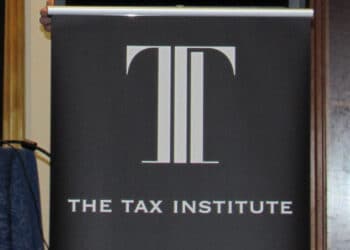ClearView head of wealth product Ann Pearson told sister title ifa that the group had decided after extensive legal advice not to auto-reduce pension payments, in line with the government’s temporary reduction in the minimum payment on 1 July, after massive customer backlash.
“Initially, we said on 1 July [pension payments] will automatically reduce, and we had so many people contacting us saying, ‘I can’t live on this’ — there was a lot of outrage,” Ms Pearson said.
“Advisers were contacting us asking how we could do this, because clients were not going to understand if they told them their pensions would be reduced unless we specifically do something else to take action. They said their clients are going to be very angry.”
Ms Pearson said what was clearly a “well-intentioned” government policy to stop retirees crystallising losses if they had other income to live on had become a potential danger to less well-off pensioners, given many of the larger super funds were set to automatically reduce their payments in the new financial year.
“It’s not just wrap funds that are auto-reducing like MLC and Colonial First State, but also a lot of industry funds like Australian Super, so I think it’s going to be a really difficult July for a lot of people,” she said.
“The funds have information on their website about the changes, but even working in financial services, I don’t check everyone’s website all the time. I think it’s really important for pensioners to know what the industry is doing so they don’t get any nasty surprises along the way.”
Given the aggressive stance industry regulators had been encouraged to take since the royal commission, Ms Pearson said many large institutions were erring on the side of caution around the minimum payments, despite the fact that it could hurt a large proportion of their client base.
“Given the recent focus on compliance in our industry, people are being cautious to make sure that they are doing the right thing, but I think, in this case, we’re being so careful that many of us are going to end up not doing the right thing,” she said.
“A strict interpretation of the law suggests that funds should auto-reduce — it’s not the intent of the law, but it is the letter of the law.
“This is a well-intentioned package to help people, but it’s not taking into account everyone’s personal circumstances — everyone’s circumstances are different and the intent is to give people an option to do something if they want it. But what’s happening is a number of people are being forced down a particular path that might not be the right path for them.”



Another reason to be in control with an SMSF!